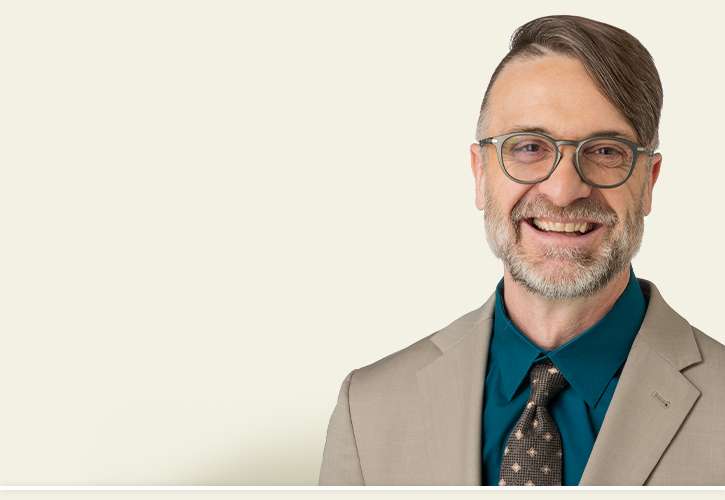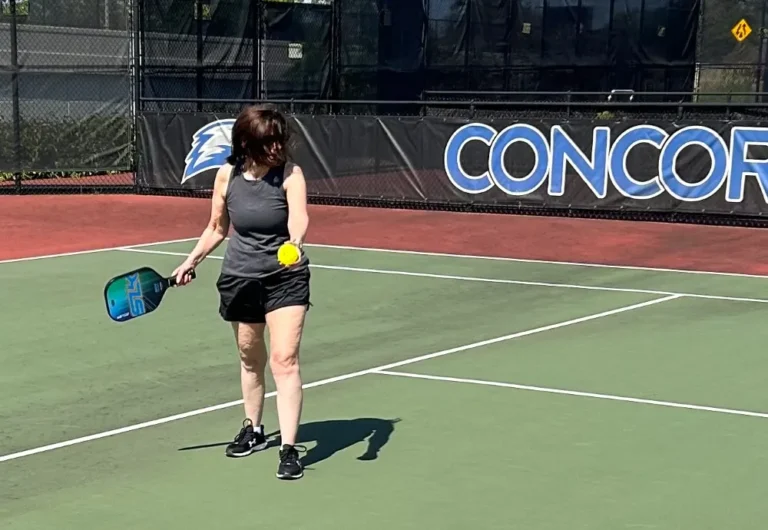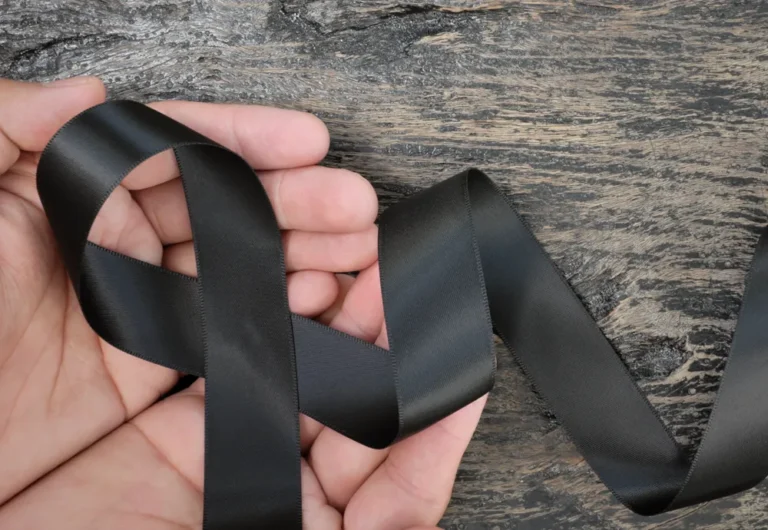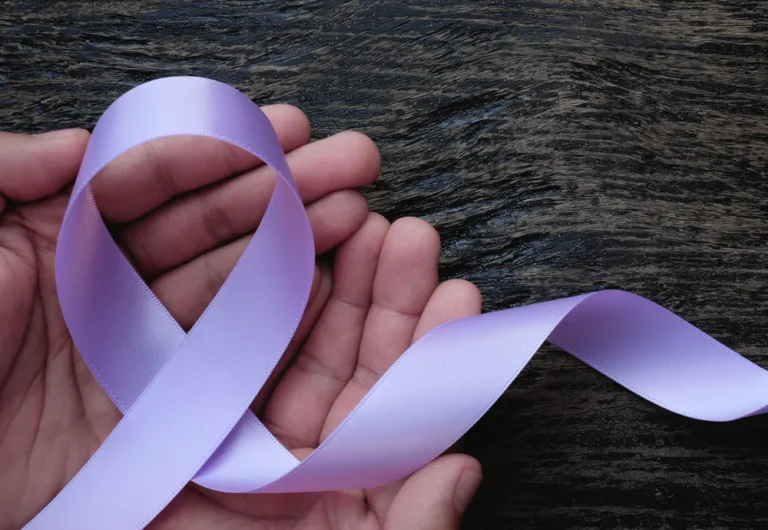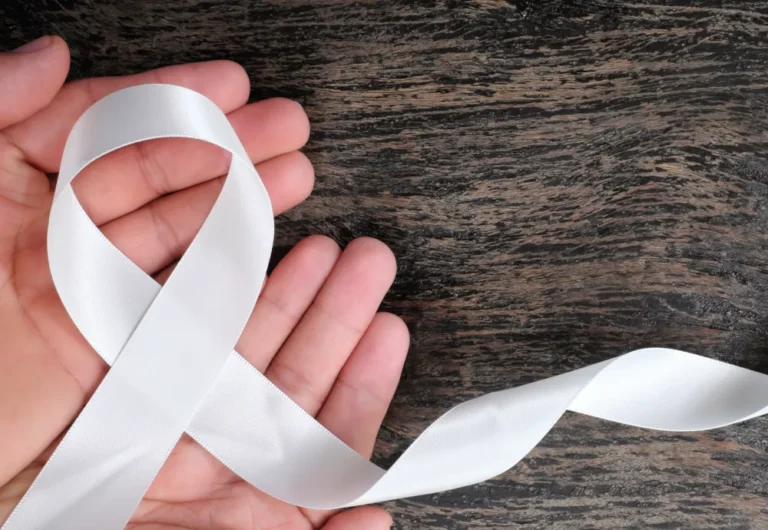“I’m the dying guy!” Mark Duplass’ character screams at his best friend, played by Ray Romano.
“I’m the OTHER guy!” Romano’s character screams back.
Paddleton, a low-budget independent movie about a middle-aged loner facing down a terminal cancer diagnosis with his upstairs neighbor, debuted on Netflix on February 22nd, 2019. While most such movies focus on the patient’s experience, Paddleton is about cancer as a shared journey and a testament to the healing power of human companionship.
FAIR WARNING: if you haven’t seen the movie yet and want to avoid spoilers, stop reading now!
The film opens with Andy (Ray Romano) accompanying his friend Michael (Mark Duplass) to the doctor. There’s a tumor in Michael’s stomach and it’s already spread to his liver. The doctor’s recommending referral to an oncologist but won’t answer questions about prognosis.
Andy isn’t satisfied and pushes the issue on behalf of his friend. “How about this? How ‘bout I’m gonna make a statement, and if it’s a true statement you don’t have to correct me?” he asks the doctor, who’s obviously annoyed.
“Is what Michael has…incurable?”
“Dude, that’s a question. It has to be a statement,” deadpans Michael.
And that’s how it goes with the two of them. They take their liquor straight, and with a wry smile.
They’re an awkward but endearing couple – though they’re absotively posolutely not that kind of couple (as clearly spelled out in two awkward and hilarious scenes). They’re just neighbors. They just happen to have adjoining apartments…and spend most of their free time together, heating up frozen pizzas, watching Kung Fu movies, and playing a homegrown paddle-ball variant (which they call paddleton) in their every spare minute..
They’re something much more important.
Their relationship is uncomplicated and placid, because neither really likes to talk all that much. They don’t trouble each other with messy emotions. Michael is aloof about his cancer diagnosis -“It’s just meh” he says. He’s determined to maintain their normal routine as long as he can, and opt for physician-assisted suicide when he can’t.
It’s impossible not to love them, because they ask for very little and demand even less. We sense they both took a hard look at life a long time ago and came to terms with it in their own peculiar way.
The movie doesn’t condescend to them, or to us. There’re no epiphanies or dramatic gestures, nor is there a last-minute miracle. The end goes down just as Michael planned it. The story is simple, bordering on predictable. But yet we can’t stop watching these two oddballs fighting through the day as best they can.
The suspense comes from wondering how these two emotionally stunted people will handle something as devastating as death. And this is where Ray Romano really shines.
It’s beautifully painful to watch Romano’s face. He’s agonized to be there, watching his friend fade. It’s agonizing for him to bear witness. But he knows that not being there would be much worse. There’s never a moment of suspense about whether he’ll see his friendship through to the end. The suspense is in wondering what it’ll cost him.
Watching him, I couldn’t help wondering about what being involved in caring for the dying does – and maybe should – cost me.
Medical professionals involved in end-of-life care are often urged to “maintain healthy boundaries”. We’re not supposed to make the patient’s suffering our own, or mistake their family’s grief for our own – though in a very real way we never can. The patient is never our spouse/parent/sibling/child. The pain of losing a patient can never approach that level of personal loss no matter how much affection we’ve developed during our professional relationship. But yet we’re counseled to keep emotional distance.
It’s for our own mental health, we’re told.
And we cannot realistically sit 24/7 vigil with the dying. There simply isn’t the time. We have much work to do. And we cannot presume to take the seats of those whose grief takes primacy over our own.
But Paddleton reminded me how absolutely critical it is to stay with people emotionally at such times – no matter the cost.
Dying is sacred. There’s ritual and ceremony to it. And whatever the faith tradition, there’s a chalice brimming with grief that patients and their loved ones take turns drinking from. The cup is deep, and they need help getting to the bottom of it.
And I think we, as medical professionals, have to be willing to take a sip ourselves from time to time.


